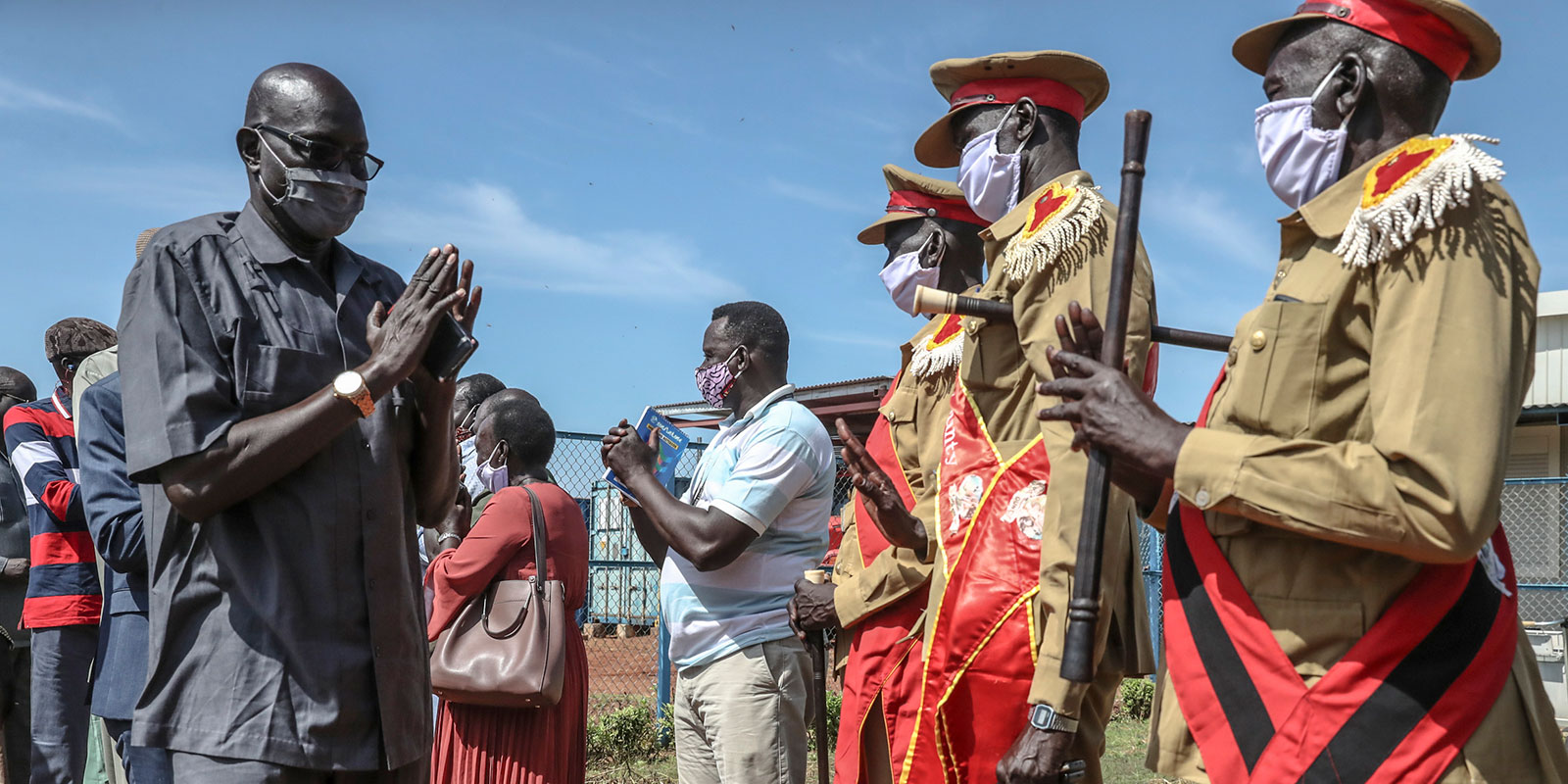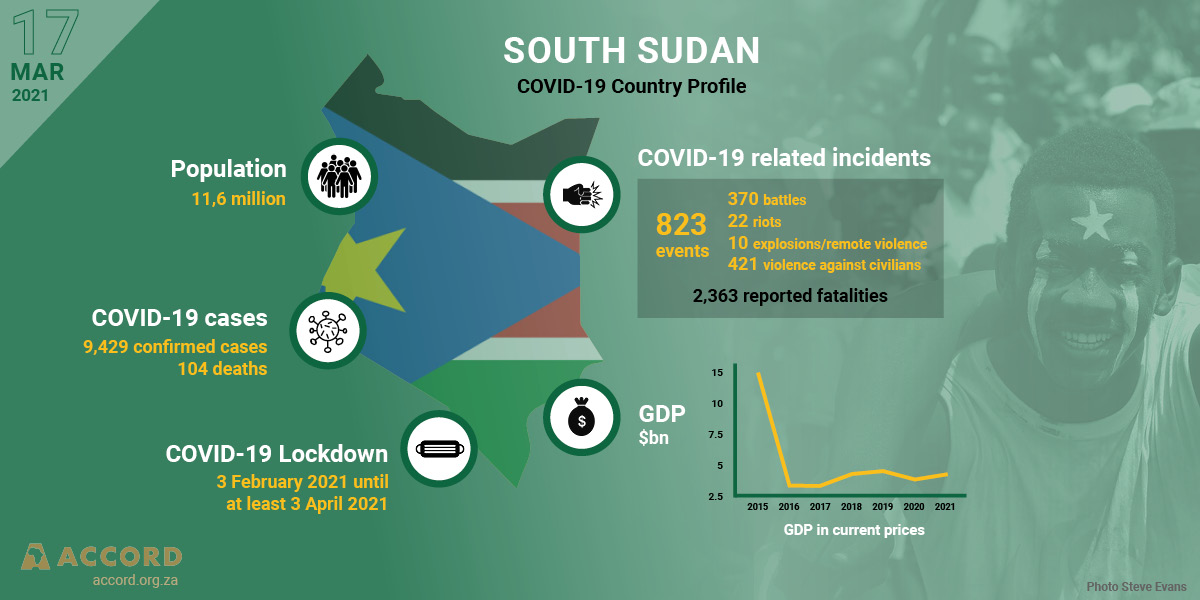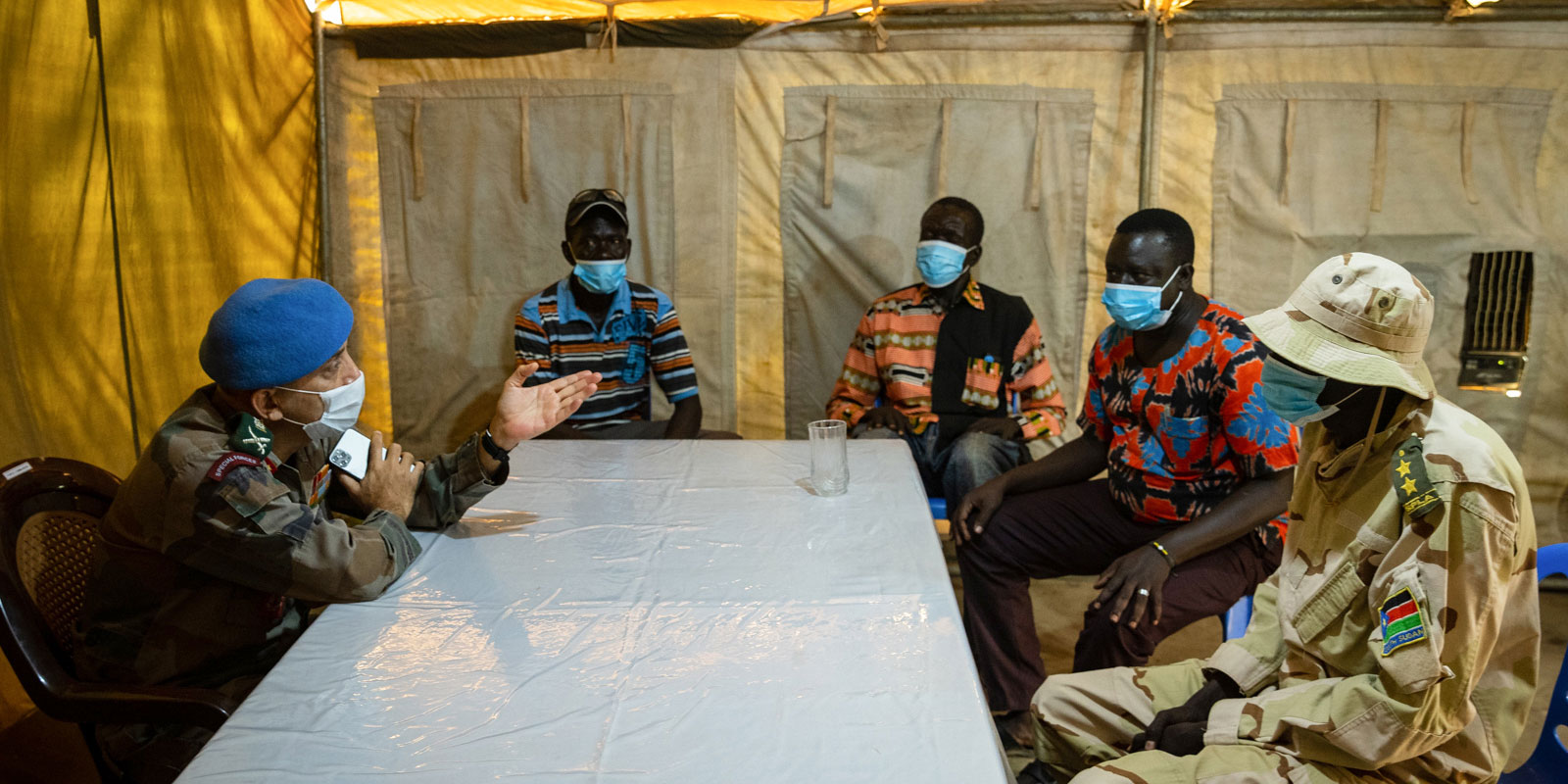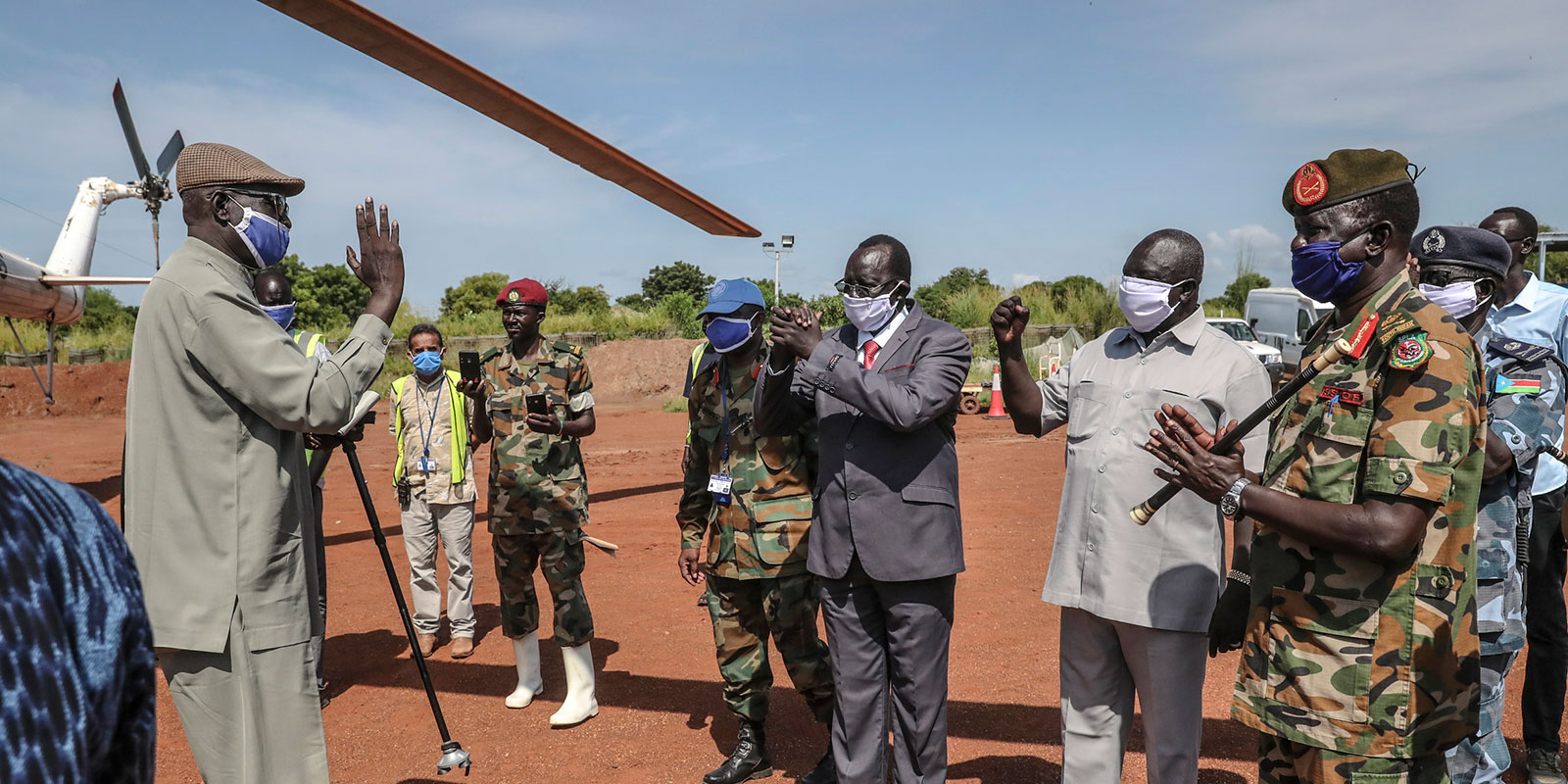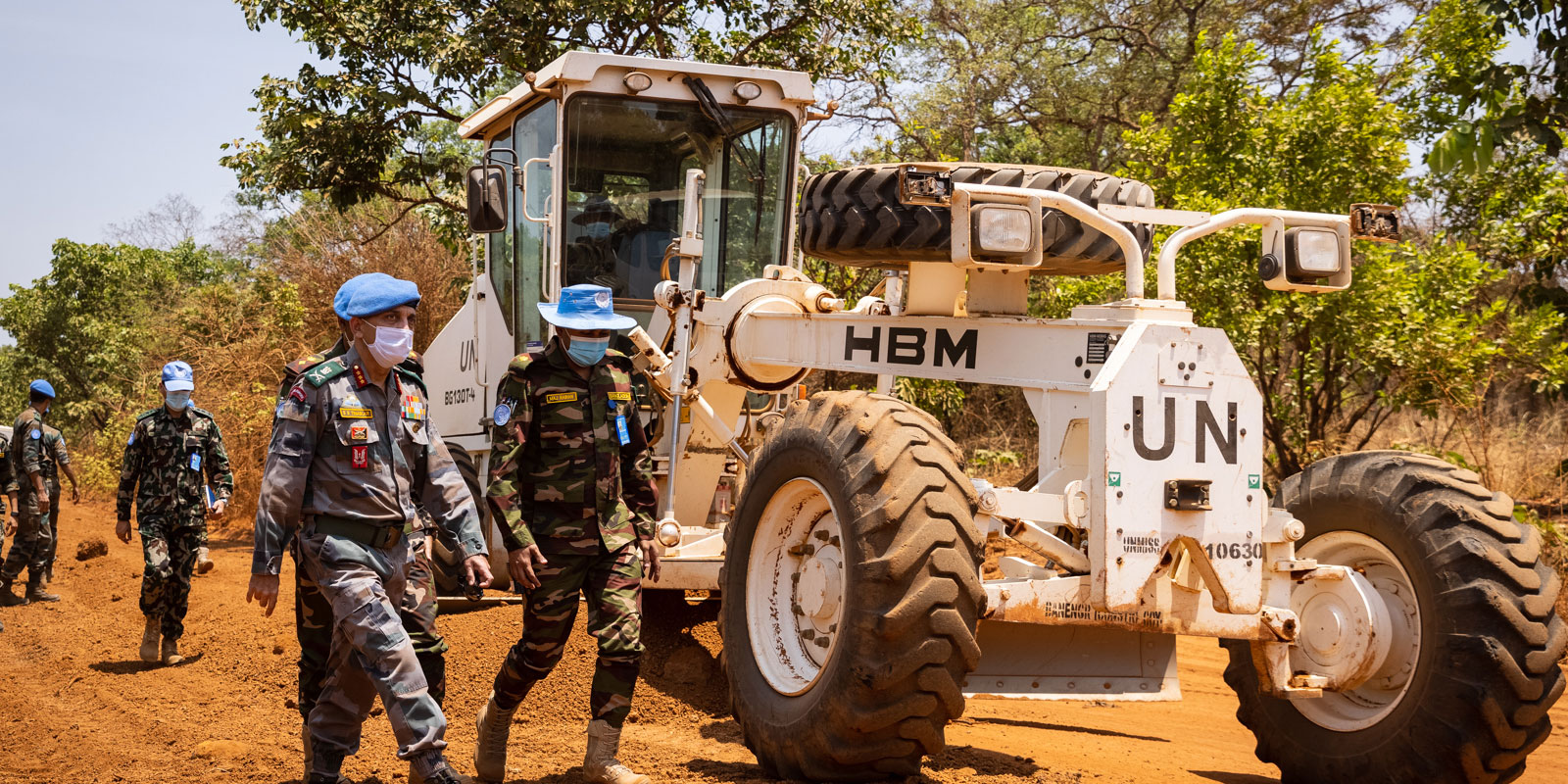This week we dedicate the Monitor to the peace process and COVID-19 situation in South Sudan. Our feature article is by David Shearer, the Special Representative of the UN Secretary-General for South Sudan and head of the UN Mission in South Sudan (UNMISS). He reflects on South Sudan’s progress and the impact of COVID-19.
Akech Thiong, the author of The Politics of Fear in South Sudan: Generating Chaos, Creating Conflicts (Bloomsbury 2021), reflects on the current state of politics and the peace process in South Sudan, and the major obstacles that are impeding the implementation of the peace agreement.
Dr James Okuk, from the South Sudan Center for Strategic and Policy Studies (CSPS), takes stock of recent political developments in South Sudan and writes about the role of UNMISS, and the impact of COVID-19.
Lastly, ACCORD’s Katherine Bebington writes about South Sudan’s response to the second wave of COVID-19, that is currently affecting the people of South Sudan as well as the personnel of UNMISS.

